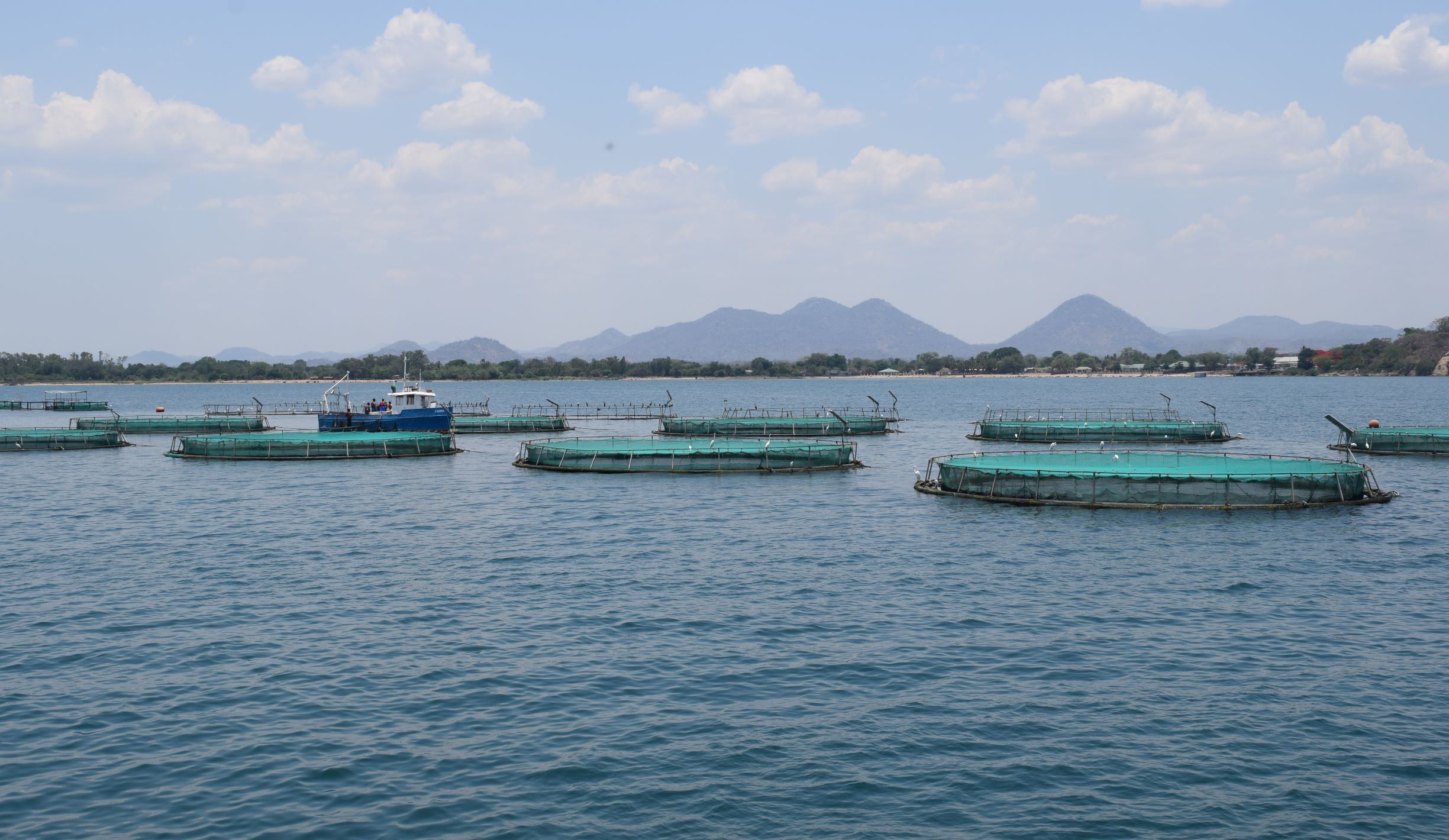Government halts passport processing, printing
Department of Immigration and Citizenship Services has stopped processing of passports, but has not indicated when it will resume operations.
The department yesterday issued a statement that gave an update on the issue and cited technical fault as having affected the processing of the document.
But in an interview yesterday, the department’s public relations officer William Chiponde could not commit to a time that the glitch would be rectified.
“I cannot say when the problem will be resolved but we are doing everything possible to address the situation,” he said.

Chiponde could also not tell the number of passports affected, saying they need to have access to the system to get such details.
In a January 25 2024 statement, the department informed the public that the passport issuance system is facing technical interruptions.
Reads in part the statement: “With these technical issues, the department is unable to process and print passports. The department is working to address the matter and once resolved the public will be informed.”
The development follows the acute shortage of passport booklets, which lately created panic among the travelling public who applied for the document.
The passport hiccups began after Attorney General (AG) Thabo Chakaka-Nyirenda ordered the cancellation of Techno Brain contract to supply the booklets in December 2021.
The contract was worth $60 million (about K47.4 billion at the time it was entered.
The AG said at the time that the contract was cancelled because it was not supposed to be signed as it was fraught with irregularities.
The AG told journalists that apart from retaining proceeds from the production of passports, Techno Brain had been asking for payment from Account Number One.
The contract signed in March 2019 by the then ruling Democratic Progressive Party government was for Techno Brain Global FZE of United Arab Emirates (UAE) to upgrade the country’s passport issuance system.
The deal also involved the introduction of an electronic passport under the build, operate and transfer (BoT) model by providing 800 000 electronic passports.
Documentation which this paper saw at the time showed that the supplier of passport sources the booklets from Vienna, Austria where the average unit cost of each booklet is $9.13 (K7 221.83) and from Singapore where the cost was around $1.73 (K1 368.43).
The supplier was then selling the booklet to the government at $76 (K60 166), including supply of 1 600 units of ink ribbons and 1 600 crystagrams—a series of holographic images—required for the printing of e-passport booklets.
Rough calculations showed that Techno Brain was making a profit of between $66.87 (K52 894.17) and $74.27 (K58 708.02) per booklet supplied to the Malawi Government.






One Comment